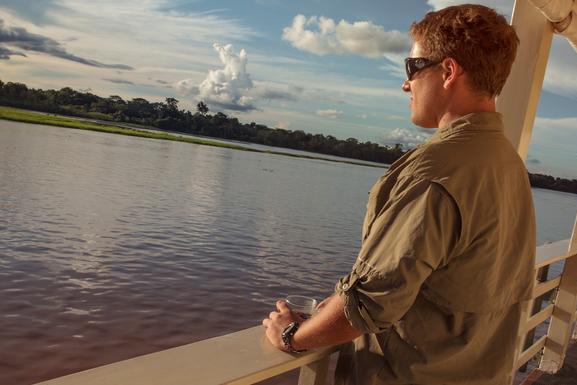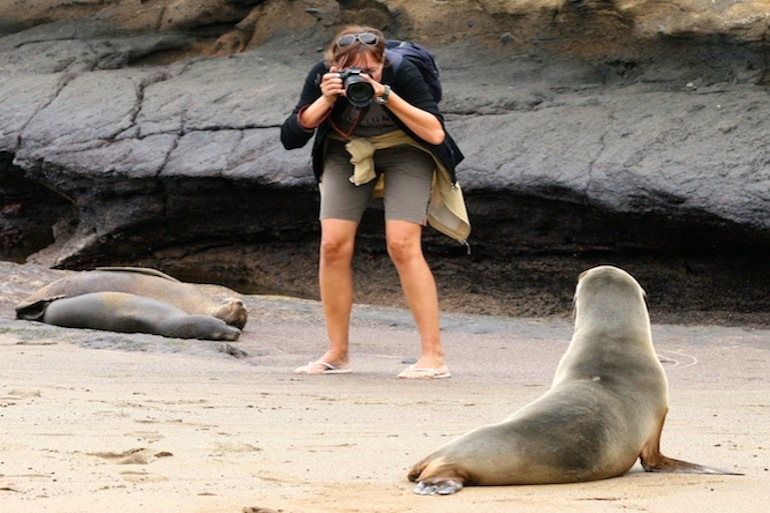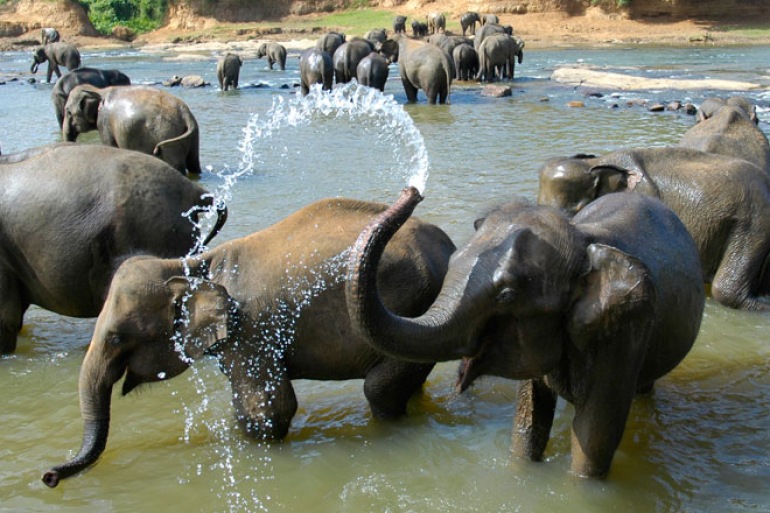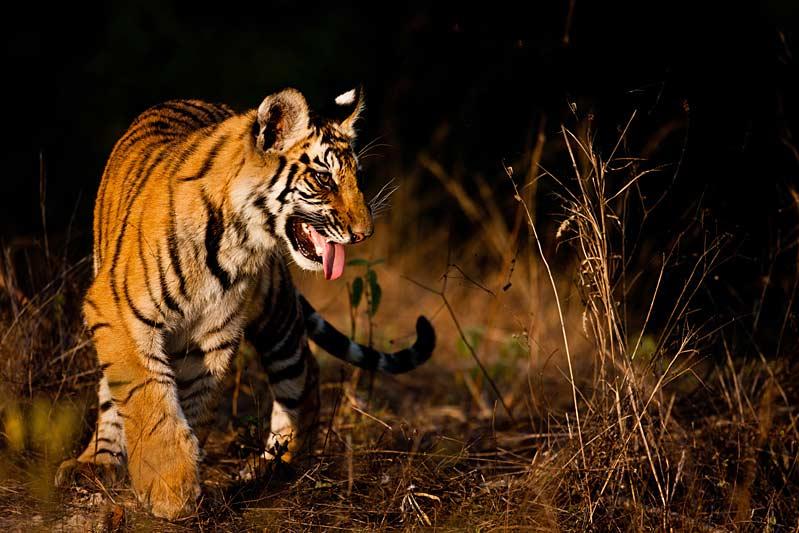Responsible travel practices, in particular when it comes to animals and wildlife, have become the norm throughout the travel industry.
When Trip Advisor announced they would be banning bookings for endangered animal attractions, the bar was once again raised.
It can be a sticky topic, especially when there are many opinions surrounding the best way to be an ethical traveler.
We reached out to some of our top tour operator partners to find out how they approach animal related trips. Here’s what they had to say:
1. G Adventures
We believe that tourism can and should be a means for positive interactions between tourists and animals. Tourism should support local conservation efforts, not threaten them. As a sustainable tourism operator, we aim to do everything possible to encourage travelers to consider the well-being of wildlife during their trips.
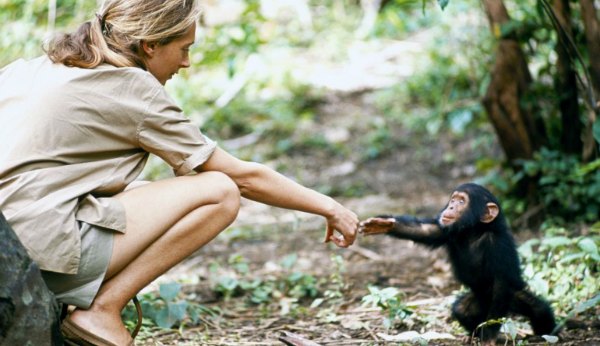
Approach to animal interactions:
Two years ago, G Adventures undertook an extensive and voluntary assessment of its line of more than 700 different tours around the world to determine which ones offered experiences with animals that were either in captivity or at risk of being exploited.
By 2015 we had removed any travel experiences that we did not feel were in compliance, including but not limited to elephant rides. We also phased out trips that had included, as part of the itinerary or optional extras, trained elephants performing for the public.
We also encouraged the local suppliers we work with to discontinue using distressed working animals such as pack mules on G Adventures trips, unless absolutely necessary. In our itineraries, we have stopped including experiences such as running with the bulls, visiting snake charmers, and dining in restaurants with caged birds.
In continuation of our commitement to animal welfare on our trips, in September 2016, G Adventures announced a new partnership with the Jane Goodall Institute of Canada. From this, a newly curated collection of 20 trips has been introduced, providing a variety of ethical destinations, travel styles, and animal encounters for travelers.
Each of the trips received special endorsement from Dr. Goodall and her Institute for their wildlife experiences and focus on animal welfare, and can be identified by the Jane Goodall Collection logo on G Adventures’ website.
Advice for travelers researching responsible travel options:
Ask about your tour provider’s animal welfare policy. If the tour operator, resort or expedition you use can’t point you to one, it’s probably a sign that it’s not a priority to the operator. For G Adventures, the policy is detailed right on the website.
Sometimes the mode of travel you choose can really help you minimize your carbon footprint. Consider train travel, for example. In addition to seeing some beautiful vistas at a comfortable pace, you’ll help reduce carbon emissions from many additional cars on the roads. G Adventures offers 24 different Rail Journeys to 21 countries.
Sailing is another option. Taking a sailing trip is a great way to not only reduce non-renewable energy use in favor of wind power, but also to completely unplug and feel refreshed.
When in doubt, go local. Sustainable travel isn’t just about the environment. It’s about social good and human well-being, too. The more local suppliers, hotels, guides, and accommodations you use, the more likely your travel dollars will stay in the local community and benefit those people’s families.
Three best trips for seeing animals in the wild:
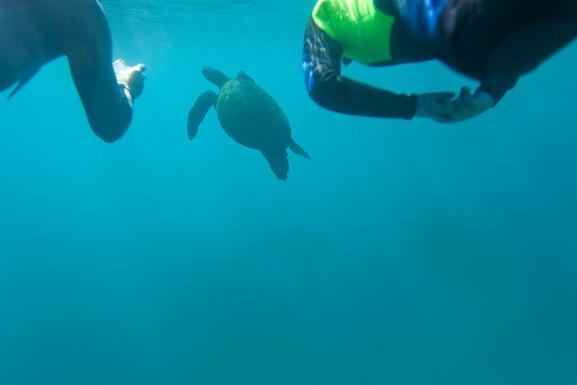
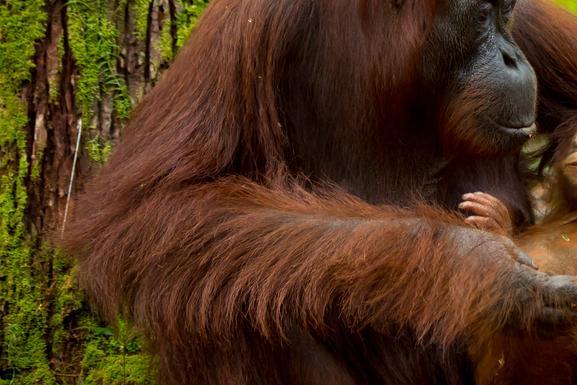
Amazon Riverboat Adventure Yacht Cruise in the Galapagos Experience Borneo
2. Myths & Mountains

Photo: Allie E. Almario, Myths & Mountains
Approach to animal interactions:
Our Vice President, Allie Almario, has a long history of working with wildlife conservation and eco-tourism in both Africa and South America.
For over a decade, she served as President and Executive Director of the International Galapagos Tour Operators Association. In that role, she worked very closely with many of the top conservation experts and non-profit organizations in the Galapagos Islands.
Among the many issues she worked on were higher education and skill training certifications for naturalist guides, creating guidelines for arriving tourists to understand mandatory Galapagos National Park regulations, and ensuring that land tourism growth for hotels would be carefully monitored for the least impact on the fragile wildlife of Darwin's Enchanted Islands.
Advice for travelers researching responsible travel options:
There are a few key questions I always recommend travelers ask of the operator. Firstly, what is their experience in the destination itself? Secondly, what organizations have they worked with to improve the wildlife conservation in the destinations they specialize in? And finally, what I can do to have the least impact on the fragile eco-systems I'm visiting?
Very often the thoughtful and educated responses you get to these important questions indicate how fully involved the tour operator is in that region and what level of expertise they have in understanding eco-tourism.
Three best trips for seeing animals in the wild:
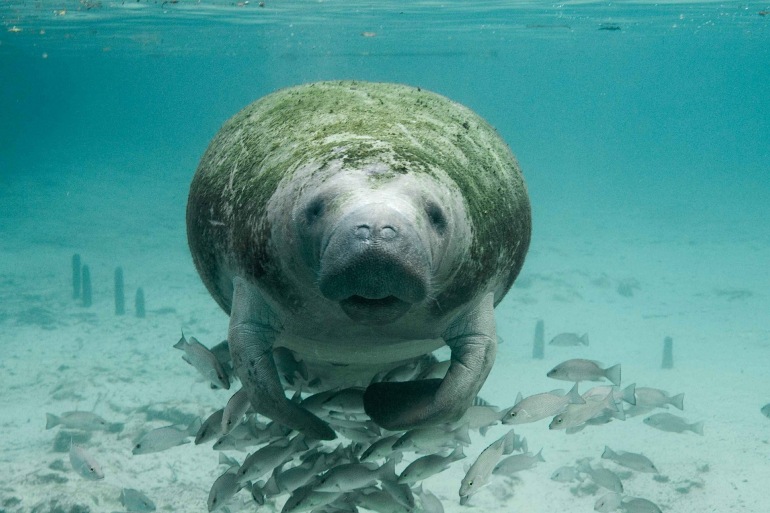

Classic Galapagos Peru: The Artist & the Shaman India and Nepal: Rhinos, Tigers, and Mountains
3. Asia Transpacific Journeys
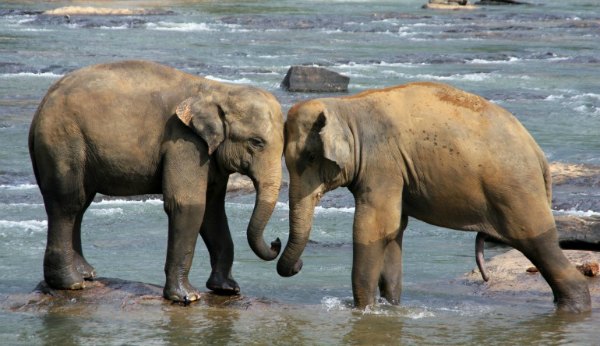
Approach to animal interactions:
In our 30 years of facilitating travel to Southeast Asia and the Pacific, we've always held very high standards toward ethical travel involving animals: Our ethos and philosophy, staff, partners and travelers require it.
There has been a wonderful progression of awareness, and hence positive change in regard to animal welfare due to the fact that conservation and understanding are such a global requirement, from the grassroots to the corporate level and everything in between.
Our approach is simple; we provide the support and opportunity to enable our travelers to have animal encounters in the most ethical, safe, progressive and nurturing way possible.
Advice for travelers researching responsible travel options:
Seek advice from a travel specialist, depending on where you are going, as to the best and most ethical experiences one can have. A travel specialist will have very current and specialized knowledge and can therefore discuss all the different and complex layers, and recommend an experience based on a traveler's interest.
Participating in a well-thought-out and conscious experience not only supports the work being done in country to fund ethical animal experiences, but also allows for a very meaningful and educational experience for the traveler, who can then share the information and assist in propelling the 'change' that is happening globally on this issue.
Read Asia Transpacific Jounreys CEO, Kirsten Louy-Nasty's, article on elephant experiences.
Three best trips for seeing animals in the wild:
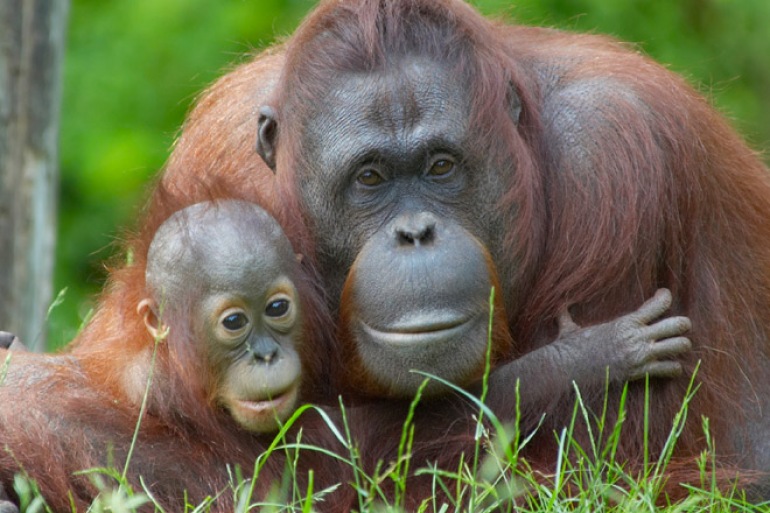

Iconic Sri Lanka Iconic Borneo Iconic India
4. Exodus
With over 42 years of successfully running small group tours to 100+ countries worldwide, thousands of happy repeat clients and many Responsible Travel and eco-awards to our name, making the most of the great outdoors and our planet’s most incredible creatures is in Exodus’ DNA.
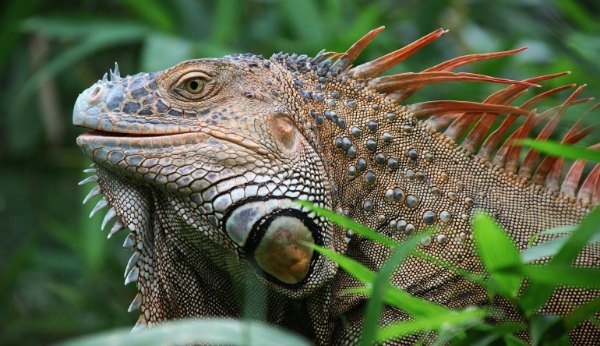
Approach to animal interactions:
In the struggle to save endangered species and habitats, Exodus has always been dedicated to working with local people, organizations and registered charities to find sustainable ways of living in harmony with wildlife, ecosystems and the environment.
Ideally one day there will be no such thing as "responsible travel." Instead we’d like it to become standard across the globe so that host communities, environments and creatures are put first and all tourism is responsible.
Three best trips for seeing animals in the wild:
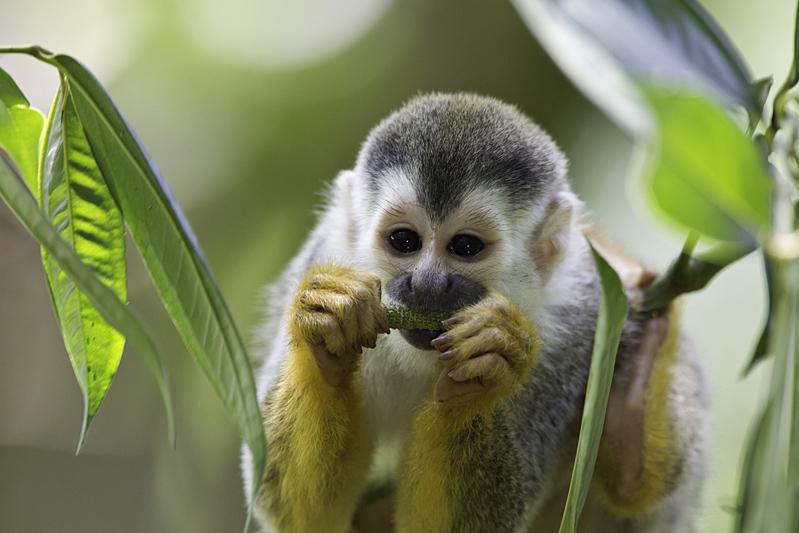
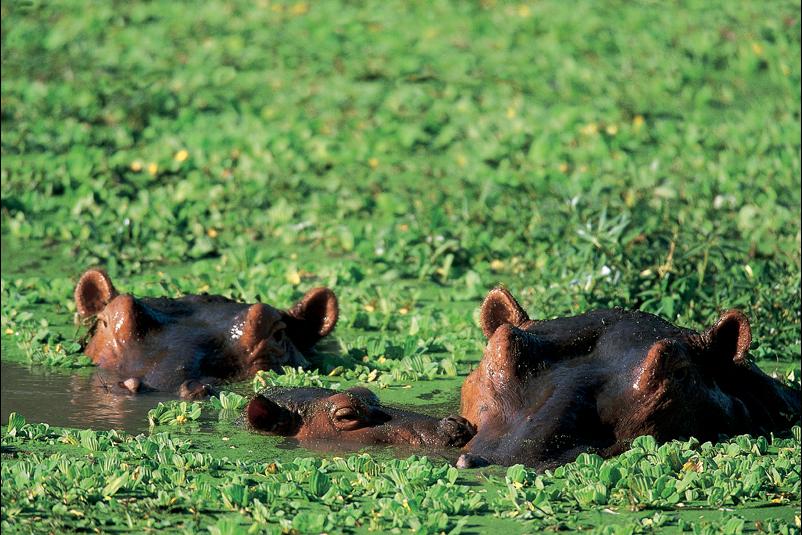
Tigers in Focus Discover Costa Rica Wildlife and Wilderness of Botswana
5. Rothschild Safaris
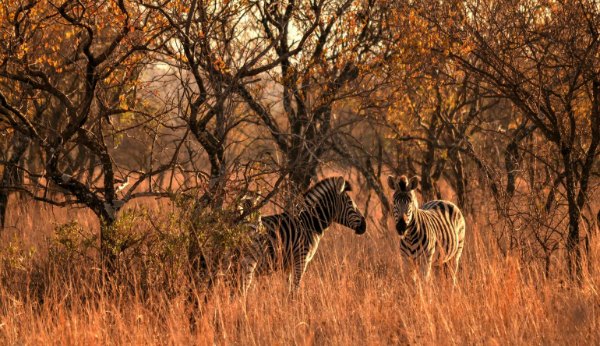
Approach to animal interactions:
As a safari operator, we prefer to work with private conservancies to ensure exclusivity for our clients as well as to limit wildlife stress.
If budget is an issue and only the larger / cheaper properties in the parks are the only option, it's super important to us that we work with properties we know use the best, most well trained guides.
Three best trips for seeing animals in the wild:
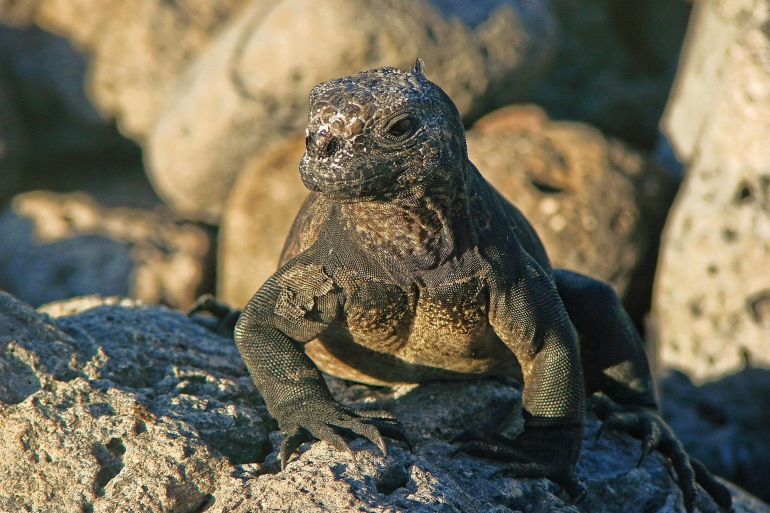
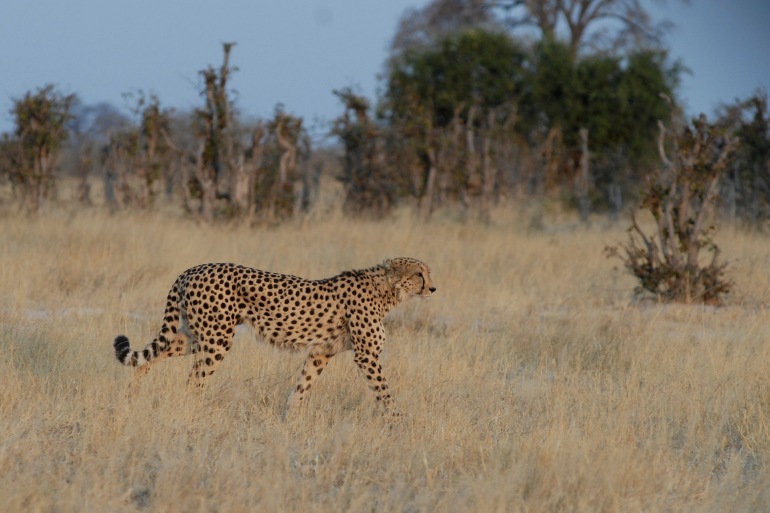
Essence of Tanzania Safari Ecuador and the Galapagos Islands Classic Botswana Explorer
6. Mountain Travel Sobek
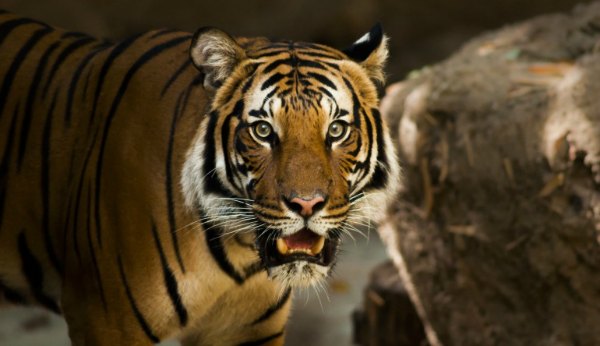
Approach to animal interactions:
We always strive to take an ethical approach to travel involving animals, and choose guides and operators who are certified naturalists or have a strong track record creating ethical wildlife adventures.
Advice for travelers researching responsible travel options:
Look for experiences that give directly to local organizations who are committed to supporting wildlife protection programs. Two good examples at Mountain Travel Sobek are "Wilderness Wildlife Trust" and "Fund for the Tiger".
Three best trips for seeing animals in the wild:
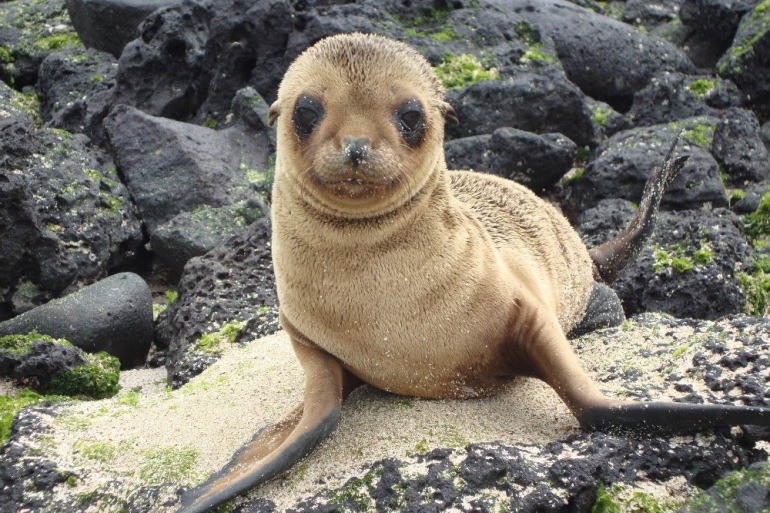
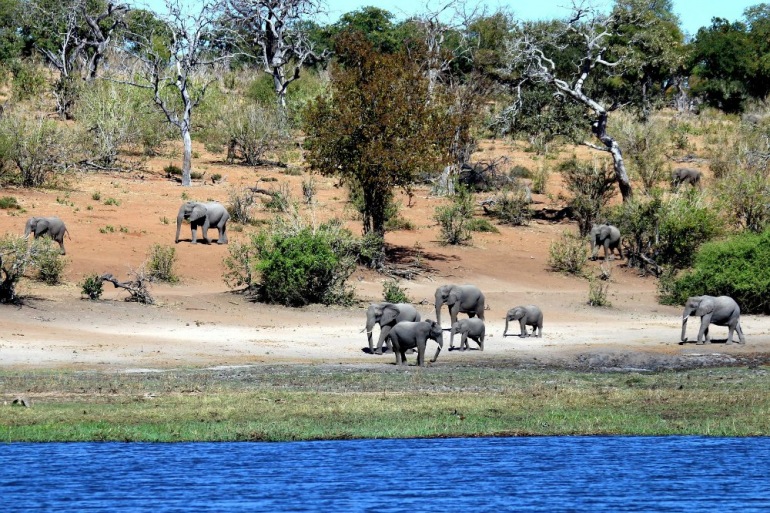
Images of South India Galapagos Wildlife Adventure Cruise Botswana Flying Safari
Ready to explore all the ways you can make your travel sustainable and responsible? Visit the above operators profiles on Stride to learn more about them, or enter a destintion below to start you search!


